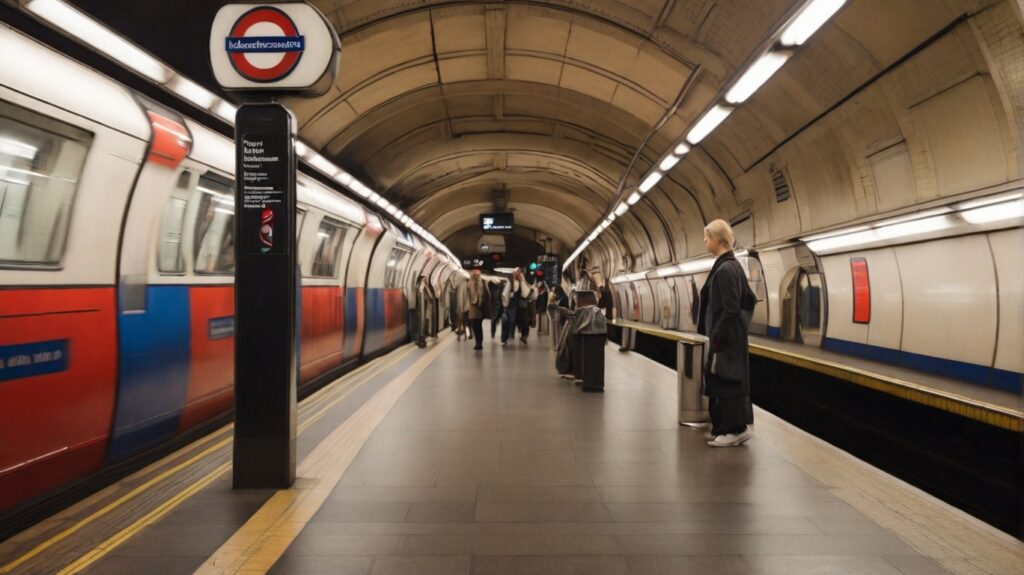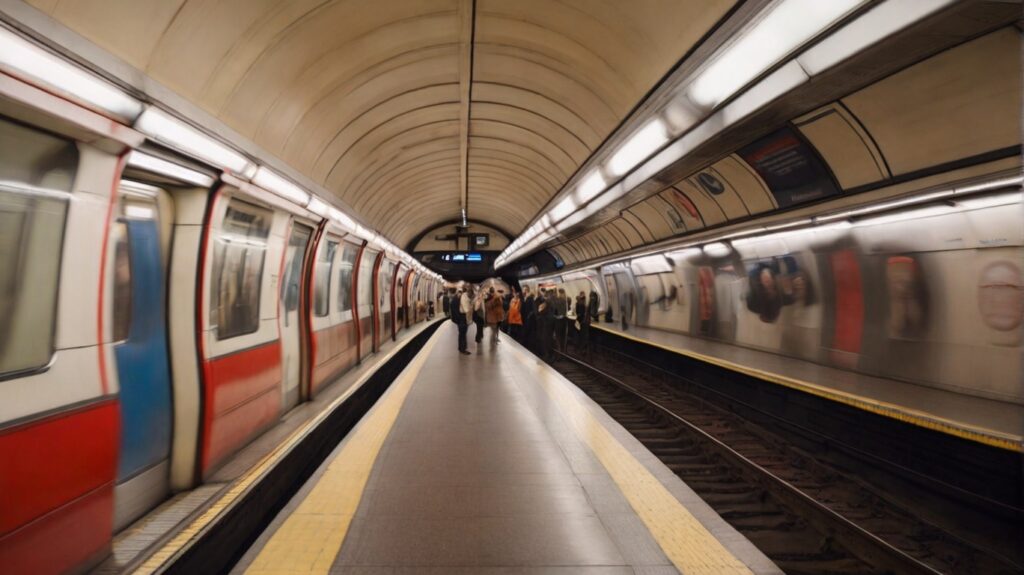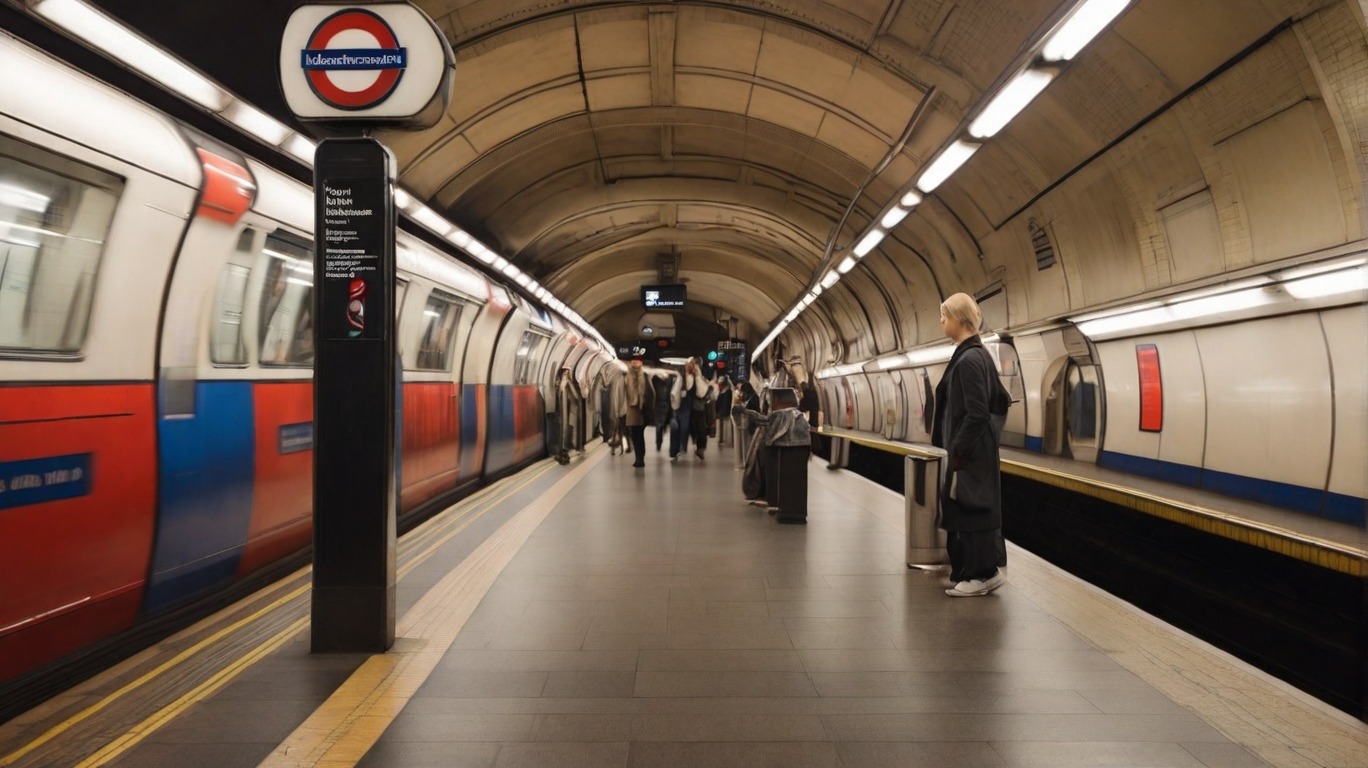
Potential Tube Strikes Threaten London Commute
Londoners are bracing for major disruptions in the coming week as strikes loom over the London Underground, with last-minute negotiations being the only hope to avert the industrial action.
Members of the RMT union, stationed across different parts of the Tube, have initiated a series of rolling strikes set to span seven days, beginning on Friday. The most significant impact is anticipated from Monday to Thursday, with an ongoing dispute over pay fueling the industrial action.
Transport for London (TfL) has issued a warning to commuters, expecting severe disruptions throughout the week. There’s a high likelihood of virtually no Tube services from Sunday night until Friday morning.
The initial wave of strikes has commenced, with RMT engineers staging a walkout on Friday, causing disruptions on District line services during the afternoon. Further strikes are planned over the weekend, involving network control functions. The most substantial impact is projected next week when signalers and station staff participate in strikes on alternate days.
While other unions, including Aslef, have accepted TfL’s proposal for a 5% annual pay increase for 2023, the RMT remains in opposition. Tube workers had previously secured an 8.4% pay rise in 2022 as part of a four-year index-linked deal negotiated before the surge in inflation.
Glynn Barton, TfL’s chief operating officer, expressed disappointment over the RMT’s decision to strike, emphasizing that the 5% pay increase offer is the most the organization can afford while ensuring safe, reliable, and sustainable operations.

RMT general secretary Mick Lynch asserted that tube workers refuse to accept subpar offers and continuous erosion of their working conditions. One of the RMT’s key demands is the restoration of free, rather than heavily discounted, train travel for national rail services used for commuting—a benefit last available in 1996.
Lynch urged TfL to engage in meaningful talks to avoid disruptions and criticized the organization’s refusal to restore staff travel facilities. The restoration of such facilities and addressing the creation of a two-tier workforce are crucial points of contention.
Despite progress in talks preventing previous threatened strikes in 2023, the current negotiations appear to be less promising. If the strikes proceed, London Overground and Elizabeth line trains are expected to run, but with potential overcrowding, especially at stations shared with Underground lines. Buses are likely to face increased congestion, resulting in slower journeys.

Greetings, readers! I’m Gaurav Ganguly, the engineer-turned-author at British Pulse. Armed with an analytical mind and a penchant for clarity, I bring you news with a unique perspective. Join me in exploring the world of current affairs through the lens of an engineer – where precision meets storytelling. Let’s decode headlines together on British Pulse.




